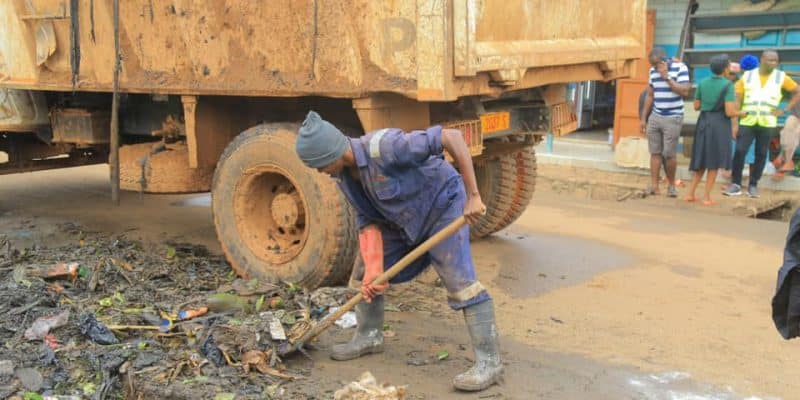The Kampala Capital City Authority (KCCA) has announced the forthcoming acquisition of 80 trucks to improve the collection and transport of solid waste in the Ugandan capital. In this city of more than 3.8 million inhabitants, between 1,200 and 1,500 tonnes of waste are produced every day.
The Executive Director of the Kampala Capital City Authority (KCCA), Dorothy Kisaka, is promising funding for the acquisition of new sanitation equipment in the Ugandan capital. The funds will be released in the KCCA’s 2023 financial year, which starts in July. The funding, the value of which was not specified, will be used to purchase 80 trucks to collect and transport solid waste.
The new vehicles will support the existing ones. According to the KCCA authorities, the city of Kampala currently has 19 refuse trucks, which are insufficient to handle the 1,200 to 1,500 tonnes of refuse produced daily by Kampala’s 3.8 million inhabitants.
Reducing pollution
With this new fleet, Kampala will have a total of 99 trucks for the collection and transportation of its solid waste, distributed among the 99 districts of the city. KCCA will also finance the acquisition of refuse collection vehicles, which will be placed 200 metres apart on all streets in Kampala.
In addition to improving the collection and transportation of solid waste in Kampala, the KCCA’s approach is primarily aimed at reducing the growing pollution. According to the Ugandan branch of the World Wide Fund for Nature (WWF), 51% of the waste generated in Kampala still ends up in the environment due to the lack of an efficient waste collection system.
Read Also –
To reduce pollution, Uganda’s most populous city is also focusing on recycling. The Kampala City Council is supporting several initiatives in this direction, including the Plastic Recycling Industries (PRI) initiative implemented by Coca-Cola Beverages Africa (CCBA) to convert plastic waste into plastic granules. The pellets are used as raw materials in the manufacture of equipment such as chairs, containers and crates for storing beer and milk bottles.
Inès Magoum






